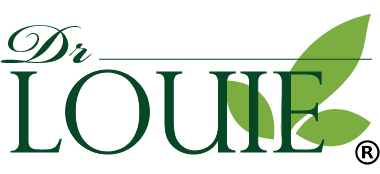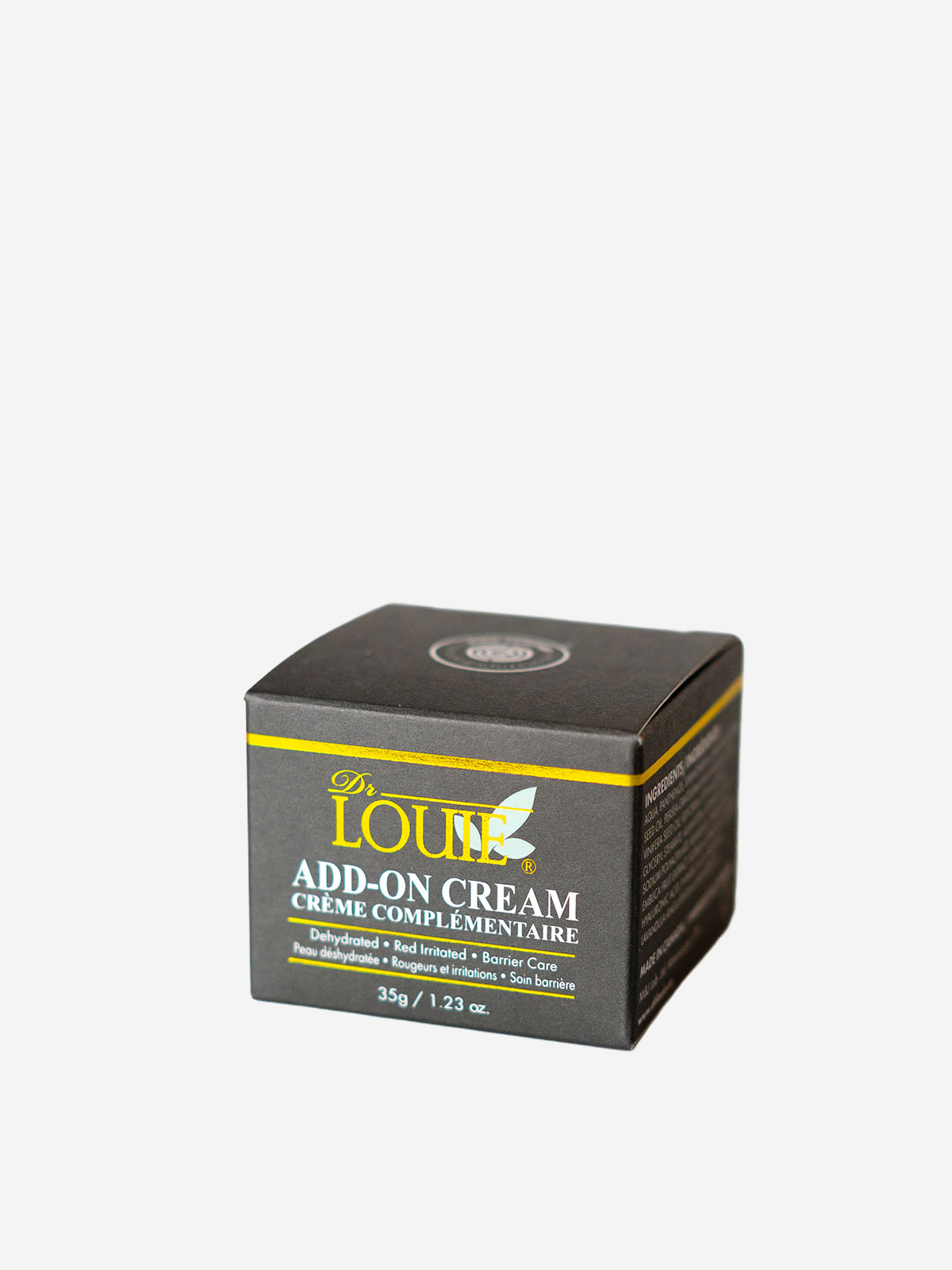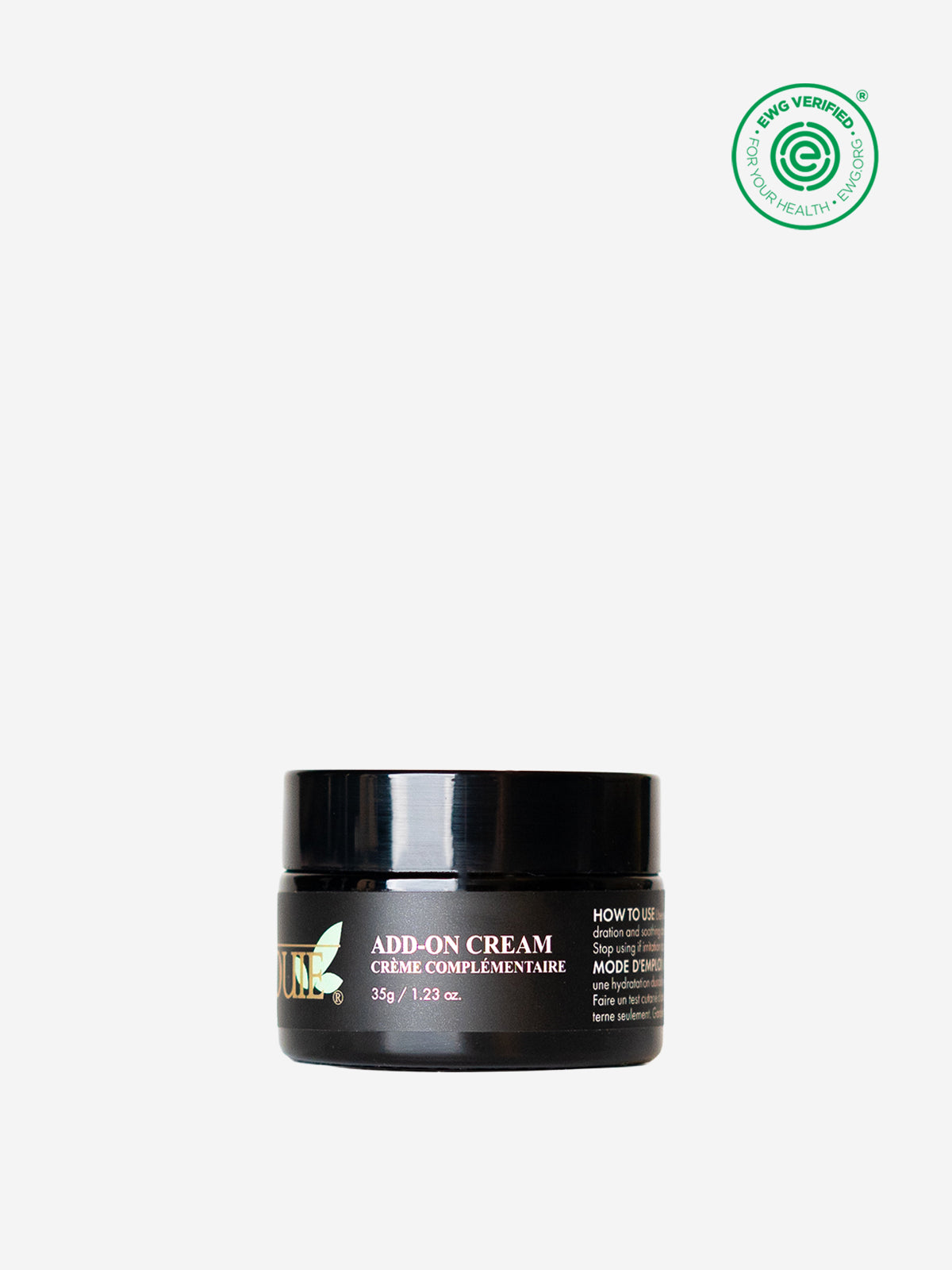
Stress-induced aging and what we can do about it
A small dose, short-term stress can actually be good for you because the hormones released by stress, cortisol and adrenaline, raise the heart rate to circulate blood to vital organs and muscles more efficiently, preparing the body to take immediate action if necessary.
But according to research, long-term, chronic stress could shorten the life of our cells by shortening our telomeres.
What does this mean? When our telomeres get too short, our cells can no longer reproduce, which causes our tissues to degenerate and eventually die.
So what does it mean for our skin?
Long-term chronic stress can dry out our skin because the excessive release of cortisol can break down our skin’s elastin as well as collagen, proteins found in our skin that give the skin its texture and firm shape. This means that the skin under stress would be weak and far from looking youthful. And there’s more.
1. Stress contributes to acne.
Under stress, our body produces more stress hormone known as cortisol. And cortisol, in turn, causes more release of corticotropin-release hormone (CRH), which stimulates oil production. Increased oil production can clog pores, leading to acne.
In fact, a study conducted in 2017 found that higher levels of stress is positively correlated with the severity of acne.
Couple that with the recent rise of “maskne,” caused by build up of dirt and bacteria in our face masks, and you get a red, sensitive skin with acne.
2. Stress causes sleep deprivation => NOT good for skin.
Stress is known to affect the quality and duration of sleep. As mentioned earlier, stress releases hormones that raise our heart rates, meaning we are more alert. But being in a heightened state of alertness frequently could make it difficult for us to fall asleep and even cause anxious thoughts to pop up during the night. And lack of sleep will further cause anxiety. It’s a vicious cycle.
And how is sleep deprivation bad for our skin?
It affects collagen growth, triggers inflammation - caused by increased level of cortisol - and skin hydration. So not getting a good night’s rest will make your skin look more dull, aged, and dried out.
3. Sleep deprivation caused by stress contributes to undereye bags.
As mentioned earlier, sleep deprivation caused by chronic stress increases signs of aging, such as wrinkles, loss of elasticity in skin, and uneven skin tone. And sleep deprivation negatively affects fluid circulation: You might often find your eyes dry if you haven’t slept well the night before. And poor fluid circulation causes fluid to build under the eyes. All these factors also lead to bags under the eyes, which include swelling or puffiness, sagging under the eyes.
4. Stress weakens the immune system, which in turn leads to more inflammation.
A higher level of cortisol in our body caused by stress helps us move our muscles and vital organs more efficiently in the short run. And cortisol is anti-inflammatory, controlling our immune response, which is great!
But if the amount of cortisol is elevated for a long period of time due to chronic stress, our immune system can become “resistant,” making us more susceptible to inflammation. And more inflammation can lead to skin flare ups, acne, etc.
The list goes on and on about the negative impacts that stress and anxiety have on our skin.
What can we do about it?
It is clear that we need to get this stress under control for the sake of our health and our skin.
There are a couple of things that some of us at DrLOUIE have personally tried and found effective.
1. Create a bedtime ritual to ensure we get enough sleep.
Not getting enough sleep is not only bad for our skin, but also for our mental health. So ensuring that we get enough quality sleep is important.
Creating a bedtime ritual helps with that.
We are creatures of habit. So a repetitive ritual that we do 30 - 60 minutes before going to sleep will help our brains recognize that it’s time to sleep. This means that we’ll be able to fall asleep faster and stay asleep.
And try to go to bed and wake up at the same time no matter how little you have slept. Once again, this is related to making a habit and ensuring that our brain knows when to sleep and when to wake up.
2. Take on the challenge response to stress.
People have different responses to stress. And generally speaking, it’s not the stressful situations themselves that affect our health but how we respond to those stresses that ages us. Two people can face similar adversities and have different responses to the stress, which would have different repercussions on their bodies and their skin.
When you face a stressful situation, there can be two responses: anxious (threat response) vs.confident (challenge response).
According to The Telomere Effect by Dr. Elizabeth Blackburn and Dr. Elissa Epel, when you have a threat response, your blood vessels constrict to help you bleed less. But this means that less blood is flowing to your brain. Your hands and feet get colder, making it difficult for you to move.
On the other hand, the challenge response to stress gives you enough cortisol needed to increase your energy, but the secretion of cortisol quickly stops when the stressful situation is over. This would manage the level of cortisol in our body. This kind of challenge response is also associated with better brain aging.
But our body immediately reacts to a stressful situation, making it difficult for us to CHOOSE the challenge response. If we notice that we are showing a threat response to a stressful situation, we can try to relabel the response as a challenge response by consciously perceiving the stress we feel as a GOOD stress that will help us perform better.
3. Control inflammation and oxidative stress in our body
As mentioned earlier, stress reduces our immune system, which in turn increases inflammation. And inflammation is known to cause cell aging. And this is true for our skin cells as well.
There are a couple of things to try to protect ourselves against the damage from inflammation: Cutting back on sugary foods and refined carbs (white bread, white rice, etc.) that increase our blood glucose, which in turn causes an increase in inflammatory messengers, known as cytokines.
Instead, increasing our intake of red, purple, and blue foods - grapes, apples, kale, broccoli, onions, tomatoes, black beans, etc. - will help lower the levels of inflammation and oxidative stress because they are high in anthocyanins, which are antioxidant compounds.
In addition, we can apply vitamin C, such as our Vitamin C Serum, directly onto our skin to help protect it from external oxidative stress that can damage our cells as well.
We would love to hear from you on our blog posts or our products or just about anything! Or if you have any skin-related questions or holistic beauty-related questions, please feel free to reach out at info@drlouie.ca.
Sources
Blackburn, E., & Epel, E. (2018). The Telomere Effect: A Revolutionary Approach to Living Younger, Healthier, Longer (Illustrated ed.). Grand Central Publishing
Chen, Y., & Lyga, J. (2014). Brain-skin connection: stress, inflammation and skin aging. Inflammation & allergy drug targets, 13(3), 177–190. https://doi.org/10.2174/1871528113666140522104422
Oyetakin-White P, Koo B, Matsui M, Yarosh D, Fthenakis C, Cooper K, Baron E. In Effects of Sleep Quality on Skin Aging and Function, J. Invest. Dermatol. 2013: S126–S126. [Google Scholar]
Zari, S., & Alrahmani, D. (2017). The association between stress and acne among female medical students in Jeddah, Saudi Arabia. Clinical, cosmetic and investigational dermatology, 10, 503–506. https://doi.org/10.2147/CCID.S148499
Zhang B, Ma S, Rachmin I, He M, Baral P, Choi S, Gonçalves WA, Shwartz Y, Fast EM, Su Y, Zon LI, Regev A, Buenrostro JD, Cunha TM, Chiu IM, Fisher DE, Hsu YC. Hyperactivation of sympathetic nerves drives depletion of melanocyte stem cells. Nature. 2020 Jan;577(7792):676-681. doi: 10.1038/s41586-020-1935-3. Epub 2020 Jan 22. PMID: 31969699; PMCID: PMC7184936.



![[Talking about Ingredients] When it comes to hyaluronic acid, size matters!](http://drlouie.ca/cdn/shop/articles/sodium_hyaluronate_resized.jpg?v=1620245054&width=1280)
![[Talking about Ingredients] Wonderful benefits of Jojoba Oil](http://drlouie.ca/cdn/shop/articles/Jojoba_oil_resized.jpg?v=1625518895&width=1280)